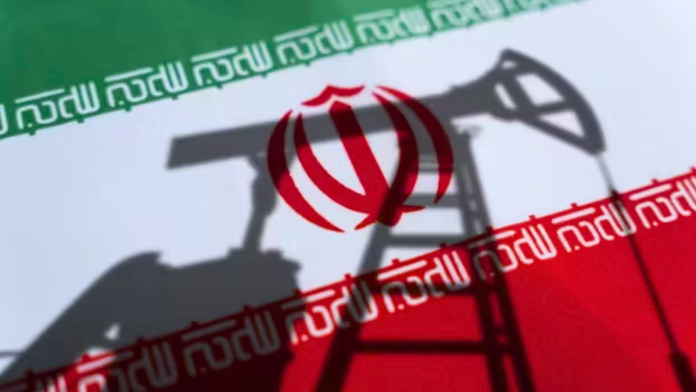The United States has taken a major step by imposing sanctions on more than 50 entities, vessels, and individuals worldwide for their role in supporting Iran’s petroleum and petrochemical exports. According to the U.S. Treasury Department, the move is intended to block significant revenue that helps the Iranian government and its activities.
The sanctions target companies and individuals accused of facilitating Iran’s energy sales. The U.S. says these exports generate billions of dollars for Tehran, which are considered critical for funding its operations. By blocking these entities and people, the U.S. aims to cut the financial resources that could be used for activities against American interests.
Who Was Targeted and Why
Among those sanctioned are Indian nationals Varun Pula and Soniya Shrestha, both involved in shipping Iranian energy products internationally.
- Varun Pula owns Bertha Shipping Inc., which operates the Comoros-flagged vessel PAMIR. This vessel has transported nearly four million barrels of liquefied petroleum gas (LPG) to China since July 2024.
- Soniya Shrestha owns Vega Star Ship Management Pvt Ltd, which operates the Comoros-flagged vessel NEPTA. This ship has carried Iranian-origin LPG to Pakistan since January 2025.
The U.S. Treasury Department, through its Office of Foreign Assets Control (OFAC), manages and enforces these sanctions. OFAC blocks money, property, or trade of the targeted individuals and companies. The Treasury explained that these individuals, along with other targeted entities, have collectively enabled the export of billions of dollars’ worth of petroleum products. These exports, the department says, provide critical revenue to the Iranian government and help support activities considered threatening to the United States.
The Treasury emphasized that all property and interests connected to these sanctioned individuals or companies, if located in the U.S. or under the control of U.S. persons, are now blocked. This includes money, assets, and any business operations. Furthermore, any company owned 50% or more by these sanctioned individuals is also blocked from engaging in transactions with U.S. businesses.
Impact on Global Energy Trade
The sanctions reflect the U.S.’s efforts to limit Iran’s ability to profit from international energy sales. The targeted companies and vessels are actively involved in shipping LPG and petroleum products, which are in high demand globally. By imposing these restrictions, the U.S. makes it more difficult for Iran to generate income from its energy exports.
G-7 works on new measures to limit Russia’s oil exports and war funding
The sanctions also highlight the international scope of Iran’s energy trade. Many of the targeted vessels are flagged under countries like Comoros and the Marshall Islands. These flags of convenience allow ships to operate globally but do not protect them from U.S. sanctions. As a result, vessels carrying Iranian energy products may face restrictions when dealing with U.S. dollars or U.S.-connected businesses.
The Treasury Department said the sanctions aim to dismantle key elements of what it calls Iran’s “energy export machine.” By targeting both the companies and individuals behind these operations, the U.S. intends to weaken their cash flow and its ability to fund activities considered threatening internationally. The measures also serve as a warning to other companies and individuals engaged in similar energy trade networks that facilitating Iranian exports could lead to sanctions.
The U.S. Treasury continues to monitor and enforce these sanctions. They are part of a broader strategy to restrict Iran’s petroleum and petrochemical revenue, which is seen as vital to the country’s financial strength. The move demonstrates the U.S. government’s ongoing efforts to control the global energy trade linked to Iran and to block funds that it considers supporting harmful or destabilizing activities.


